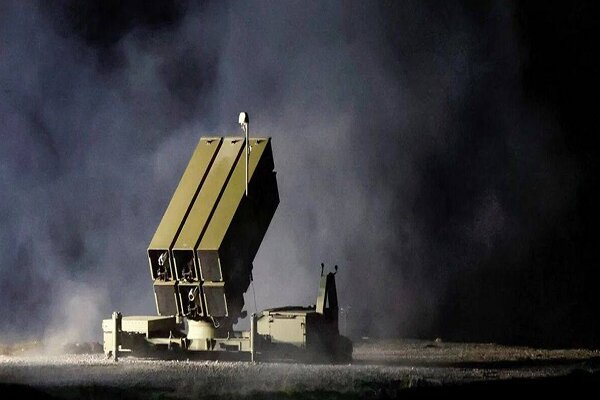Taiwan and US Seal Deal on Cutting-Edge NASAMS Air Defense System Sale
In a significant move towards enhancing its defense capabilities, Taiwan has recently signed a substantial contract for the procurement of the NASAMS (National Advanced Surface-to-Air Missile System). This agreement, valued at nearly NT$24.99 billion, marks a crucial step in Taiwan’s efforts to bolster its military readiness.
The contract was formalized by the Defense Mission to the US and the American Institute in Taiwan, with a specified performance period extending from January 14 to December 31, 2030. This information was disclosed in a statement released on the Government e-Procurement System, as reported by Taipei Times.
The NASAMS systems are scheduled to be delivered to two key locations in Taiwan:
- Songshan District in Taipei
- Tamsui District in New Taipei City
These advanced missile systems are expected to play a vital role in Taiwan’s defense strategy. According to a source who wished to remain anonymous, there is a possibility that the first NASAMS unit could be delivered by the end of this year, which would accelerate Taiwan’s defense modernization efforts.
Moreover, the US Defense Security Cooperation Agency (DSCA) made an announcement on October 25 of the previous year, confirming that the US Department of State had sanctioned three arms sales to Taiwan. This includes not only the NASAMS but also the:
- L-band AN/TPS-77 long-range radar system
- S-band AN/TPS-78 long-range radar system
Initially, the total cost for these three arms procurements was projected to be approximately NT$65.2 billion. The Taiwanese ministry mentioned last month that contracts for these arms acquisitions are expected to be signed and fulfilled by 2034.
This arms deal is part of Taiwan’s broader strategy to enhance its defense capabilities amid rising tensions in the region. The NASAMS is known for its flexibility and effectiveness in various combat scenarios, making it a valuable addition to Taiwan’s military arsenal. By integrating such advanced systems, Taiwan aims to strengthen its air defense and ensure greater security for its airspace.
In recent years, Taiwan has actively sought to modernize its military forces, focusing on acquiring advanced weaponry and technology. The NASAMS deal is not merely a procurement; it reflects a strategic partnership between Taiwan and the United States, aimed at countering potential threats from neighboring countries. As geopolitical dynamics evolve, Taiwan’s defense initiatives are crucial for maintaining stability in the region.
In addition to the NASAMS, the inclusion of the AN/TPS-77 and AN/TPS-78 radar systems further enhances Taiwan’s situational awareness and response capabilities. These radar systems are designed to provide comprehensive surveillance and tracking of aerial threats, ensuring that Taiwan can effectively monitor its airspace.
As the contract progresses, Taiwan’s leadership is likely to continue exploring additional partnerships and procurement opportunities to further bolster its defense infrastructure. The integration of these advanced systems will not only improve Taiwan’s military capabilities but also contribute to its overall deterrence posture in the face of potential aggressions.
In conclusion, the signing of the NASAMS contract signifies a pivotal moment in Taiwan’s defense procurement strategy. It highlights the island’s commitment to enhancing its military readiness and securing its sovereignty. As Taiwan moves forward with this and other procurement initiatives, it will be crucial to monitor the developments in the regional security landscape and the implications of these advancements.
With the expected delivery of the NASAMS and supporting radar systems, Taiwan is poised to strengthen its defense capabilities significantly, aligning itself with international best practices and fostering stronger ties with the United States. This strategic decision underscores Taiwan’s determination to safeguard its interests and maintain a robust defense posture in a rapidly changing geopolitical environment.






